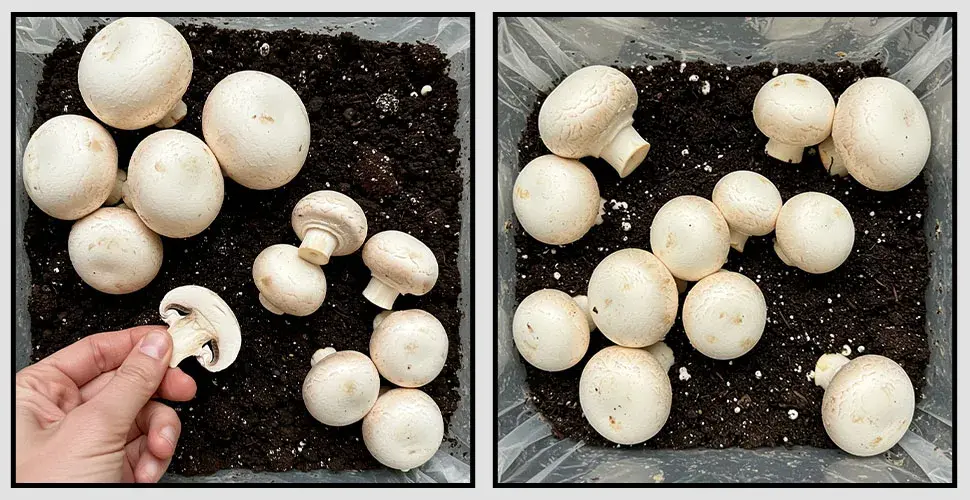No products in the cart.
Learn how mushroom farming in Laos provides sustainable income opportunities for rural communities and supports food securit

As rural communities in Laos seek new ways to improve livelihoods, mushroom farming has emerged as a promising strategy. With its low start-up costs, short production cycles, and high market demand, mushroom cultivation offers farmers a reliable source of income. Beyond economics, mushrooms contribute to better nutrition and sustainable farming systems. This practice is gaining momentum as both local households and cooperatives adopt mushroom farming as a pathway toward economic resilience and food security.
Why Mushroom Farming Matters in Laos
Low Investment: Requires simple tools and minimal land.
Fast Yields: Mushrooms can be harvested within weeks.
Nutritional Benefits: Rich in protein, vitamins, and minerals.
Market Demand: Popular in both domestic and regional markets.
Environmental Impact: Utilizes agricultural waste as growing medium.
Types of Mushrooms Cultivated in Laos
Oyster Mushrooms: Commonly grown due to ease and affordability.
Shiitake Mushrooms: Increasing demand in urban restaurants.
Wood Ear Mushrooms: Popular in traditional Lao cuisine.
Button Mushrooms: Emerging market for urban consumers.
Economic and Social Benefits
Provides additional income for rural households.
Reduces migration to cities by creating local jobs.
Supports women and youth entrepreneurship.
Encourages cooperative farming models.
Enhances community food security.
Challenges to Expansion
Lack of training in proper cultivation techniques.
Limited access to markets in remote areas.
Need for cold storage and transport facilities.
Vulnerability to pests and climate fluctuations.
Example in Laos
In Savannakhet Province, a women’s cooperative started mushroom farming with local NGO support. Within a year, the cooperative doubled household incomes and supplied fresh mushrooms to nearby schools and markets.
Conclusion
Mushroom farming is not just an agricultural practice—it is a rural development strategy. By embracing mushroom cultivation, Laos can create sustainable livelihoods, improve nutrition, and strengthen rural economies.
About CITS Laos
CITS Laos partners with farmer groups, cooperatives, and NGOs to promote mushroom farming. We build bilingual agricultural platforms, run income generation campaigns, and design SEO strategies to highlight Lao rural innovations globally. By supporting mushroom cultivation, CITS Laos helps communities achieve economic resilience and sustainable growth.